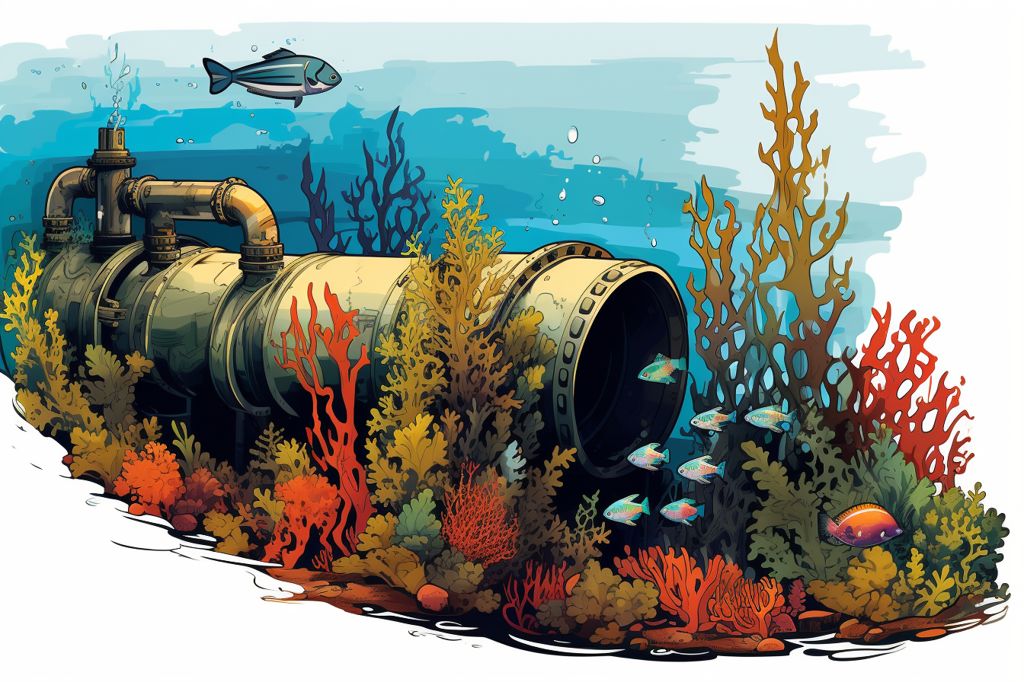Climate change impacts everyone, and the necessity for a worldwide approach to confront this critical issue is more urgent than before. South Africa is particularly susceptible to climate change, experiencing increasing occurrences of extreme events such as droughts, floods, and heatwaves. Consequently, the country has emphasized transformative adaptation actions with significant socio-economic consequences for both smaller and major emerging economies.
South Africa’s National Climate Change Adaptation Strategy (NCCAS): A Comprehensive Approach
In 2020, South Africa’s Cabinet endorsed the National Climate Change Adaptation Strategy (NCCAS), which serves as the primary planning tool for adaptation in the nation. The strategy encompasses crucial adaptation objectives, including improving the national climate change adaptation governance and legal framework, executing priority actions across sectors like water, agriculture, and health, and increasing access to funding to garner support on a large scale.
The NCCAS was instrumental in the creation of South Africa’s inaugural Adaptation Communication, submitted as part of the nation’s updated Nationally Determined Contributions (NDC) in 2021. Through the NDC Partnership and with backing from Germany’s Federal Ministry of Economic Cooperation and Development (BMZ), South Africa’s government is now spearheading the development of an all-inclusive Adaptation Investment Plan (AIP) to pinpoint priority measures for the NCCAS’s implementation.
Adaptation Investment Plan: Identifying Priorities and Funding
The Adaptation Investment Plan’s objective is to recognize investment requirements and support gaps, prioritize vital adaptation investments across South Africa’s economy, determine the cost of these significant measures, and pinpoint potential financial mechanisms – both domestic and international – to garner the necessary support. The plan will offer a comprehensive investment requirement to accomplish adaptation objectives in South Africa, identifying investment partners across various societal spheres, such as the private sector and multilateral funds, to mobilize the required investment coherently.
Collaboration through the Adaptation Pipeline Accelerator (APA): Working Together for Climate Resilience
The adaptation goals outlined in the Secretary General’s Acceleration Agenda can only be realized if governments, international organizations, civil society organizations, and the private sector unite to collaborate via platforms like the Adaptation Pipeline Accelerator (APA) and the Early Warning Systems for All Initiative. These initiatives aim to decrease climate risks, enhance planning, improve implementation, and finance adaptation, ultimately guiding the world towards building resilience, augmenting adaptive capacity, and diminishing vulnerability.
Highlighting the need for support and robust partnerships, Minister Barbara Creecy called for backing the UN Secretary General’s adaptation initiatives and expressed eagerness to work collectively to address the people’s needs with the necessary urgency.
Early Warning Systems for All Initiative: Fostering Collaboration and Shared Knowledge
As a component of the broader efforts towards climate resilience, the Early Warning Systems for All Initiative strives to implement early warning systems in select countries. Although Minister Creecy did not intervene in this segment, the initiative demonstrates the progress made in executing early warning systems and underscores the importance of cooperation and shared knowledge in tackling climate risks.
In conclusion, South Africa’s dedication to climate adaptation actions and its collaboration with international partners, such as the Adaptation Pipeline Accelerator and the Early Warning Systems for All Initiative, highlights the significance of global cooperation in addressing climate change. By prioritizing adaptation measures, identifying investment needs, and mobilizing required support, South Africa is taking considerable strides towards constructing a more climate-resilient future and contributing to worldwide climate justice efforts.








